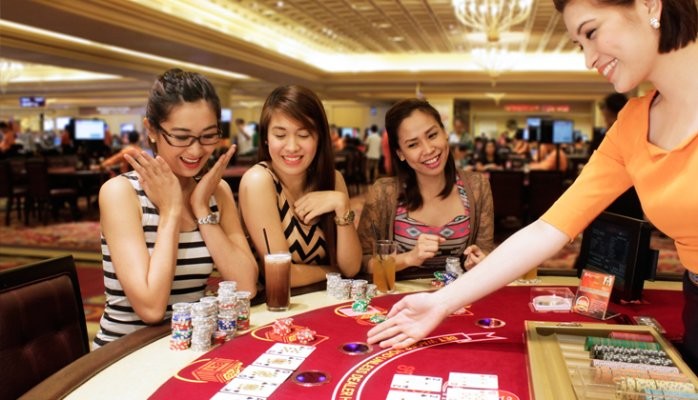In the realm of online gaming, chance and probability are not just abstract concepts; they are the very fabric that weaves through every decision, every outcome, and every exhilarating moment of victory or defeat. From the critical hit in a role-playing game to the loot drop in a multiplayer shooter, the element of chance shapes our gaming experiences in profound ways. Let’s dive deeper into this fascinating aspect of lux88togel login gaming and explore how chance and probability influence our virtual adventures.
The Thrill of Uncertainty
One of the most compelling aspects of gaming is the element of uncertainty. Every time we embark on a quest or engage in a battle, we are faced with countless variables that can influence the outcome. Will our character land a critical hit? Will we find that rare item we’ve been searching for? These questions hang in the air, adding an extra layer of excitement to our gaming endeavors.
At the heart of this uncertainty lies the concept of probability. In gaming, probability dictates the likelihood of a particular event occurring. Whether it’s the chances of winning a jackpot in a casino game or the odds of encountering a legendary creature in a fantasy RPG, understanding probability can give players valuable insights into how to approach different situations.
Randomness and Fairness
Randomness is another key component of chance in gaming. Random number generators (RNGs) are algorithms designed to produce unpredictable outcomes, ensuring that each roll of the dice or spin of the wheel is independent of previous results. RNGs play a crucial role in maintaining fairness and preventing cheating in online games.
However, the implementation of RNGs is not without controversy. In some cases, players have raised concerns about the perceived unfairness of RNG-based mechanics, claiming that they lead to “bad luck streaks” or “unwinnable” scenarios. Game developers must strike a delicate balance between randomness and player satisfaction, ensuring that chance-based mechanics enhance rather than detract from the gaming experience.
The Psychology of Probability
Beyond their technical implementation, chance and probability also have a profound impact on the psychology of gaming. The anticipation of a favorable outcome can trigger a surge of dopamine, the neurotransmitter associated with pleasure and reward, heightening our enjoyment of the game. Conversely, the frustration of a string of unlucky rolls can lead to feelings of disappointment or even anger.
Psychological phenomena such as the gambler’s fallacy— the belief that past outcomes influence future probabilities—can also influence player behavior in unexpected ways. For example, a player who has experienced a series of defeats may become convinced that they are “due for a win” and continue playing despite the odds being against them.
Strategies and Decision-Making
While chance and probability introduce an element of unpredictability into gaming, they also present opportunities for strategic decision-making. Savvy players learn to assess the risks and rewards of different actions, weighing the probability of success against the potential consequences of failure. Whether it’s calculating the optimal placement of troops in a strategy game or deciding when to bluff in a poker match, understanding probability can give players a competitive edge.
Moreover, some games incorporate mechanics that allow players to manipulate probability to their advantage. For example, in collectible card games, players can build decks with cards that increase their chances of drawing powerful combinations. These strategic elements add depth and complexity to the gaming experience, rewarding players who are willing to invest time and effort into mastering the mechanics.
